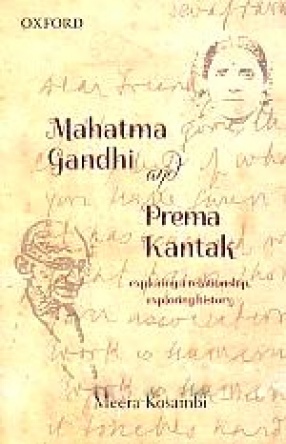
Meera Kosambi

Showing all 9 books

An important feminist thinker, writer, and activist, Prema Kantak's contributions to Indian feminist thought and the nationalist movement have been largely neglected in scholarly studies. Kantak, a one-time resident of Gandhi's ashram, forged a special, life-long bond with the Mahatma, and was hugely influenced by his thought and persona. She rose to prominence as a feminist writer with strong, radical convictions and also as a forceful proponent of Gandhian ...
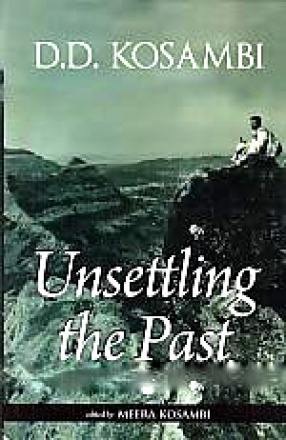
Of virtually no modern historian other than D.D. Kosambi (1907–1966) can it be said: ‘He changed the way in which Indian history was conceptualized and written.’ In fact, the term ‘Renaissance man’ springs to mind because Kosambi’s intellectual contributions cross disciplinary boundaries, ranging from ancient history to mathematics to Sanskrit literature to numismatics to India’s energy policy.
This book contains ...
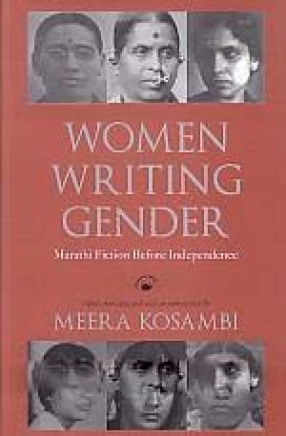
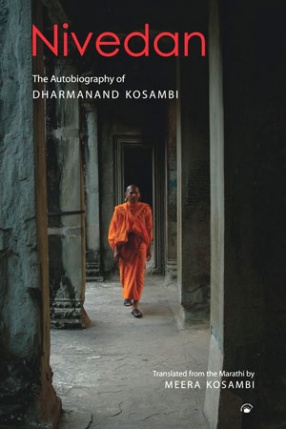
Born in rural Goa, Dharmanand Kosambi (1876–1947) came under the spell of the Buddha’s teachings during his adolescence. At an early age he set off on an incredible journey of austere self-training across the length and breadth of Britain’s Indian Empire, halting to educate himself at places connected with Buddhism.His sojourns included living in Sri Lanka to master Pali, in a Burmese cave as a bhikshu, and in some viharas of North ...
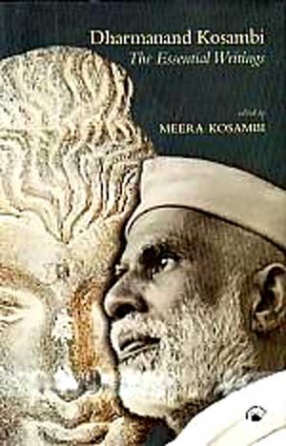
Pt.1. Autobiographical writings.; Pt.2. Other writings.
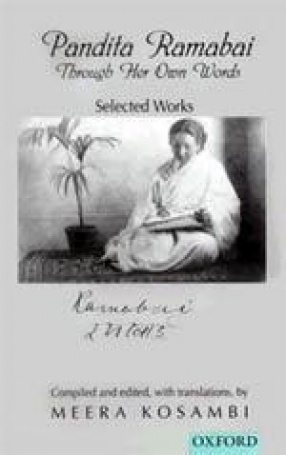
"The life and work of Pandita Ramabai (1858-1922) is immensely important today for understanding the social reform movement in Maharashtra, and reclaiming India's feminist heritage. Pandita Ramabai's unusual life trajectory carried her from an Orthodox Hindu childhood steeped in Sanskrit learning, to conversion to Christianity during her stay in England, and further to a feminist campaign in the USA to collect funds for a pioneerng residential school for ...
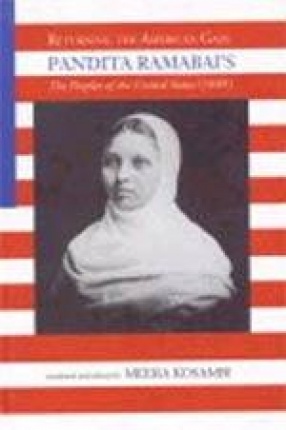
Born into a Brahmin family and widowed as a young woman, Pandita Ramabai (1858-1922) has increasingly come to be recognised as one of India's earliest spokeswomen for women's causes and rights, specifically in relation to education and the status of widows. In the 1880s, Pandita Ramabai travelled from India to England and on to the United States, where she spent three years immersed in the milieu of social reform movements of the day. The Peoples of the United ...
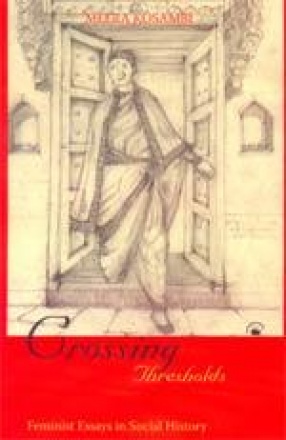
The notion of the threshold, indicating the restricted periphery of the 'woman's place' in family and society, was firmly embedded in the psyche of nineteenth-century women in western India. Yet some remarkable and articulate women (who are the focus of this book) 'transgressed' patriarchal boundaries - crossing thresholds, literally and metaphorically - to make their mark in the public sphere. These Indian women created the 'first ripple feminism' of ...
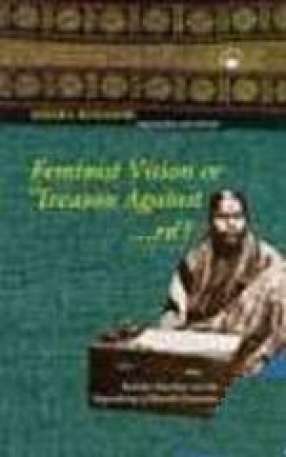
Kashibai Kanitkar (1861-1948) was the first major woman writer in Marathi. She was largely self-taught and keenly conscious of the benefits of women's education. She promoted this and other emancipatory measures for women through her prolific and wide-ranging writings--both fiction and non-fiction--deploying them as a mode of social reform discourse. The present book includes translations of most of Kashibai's works: both her novels (in abridged form); a review ...
